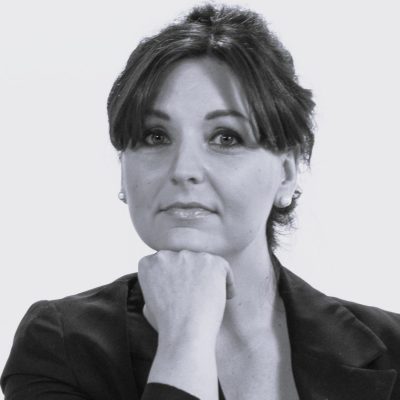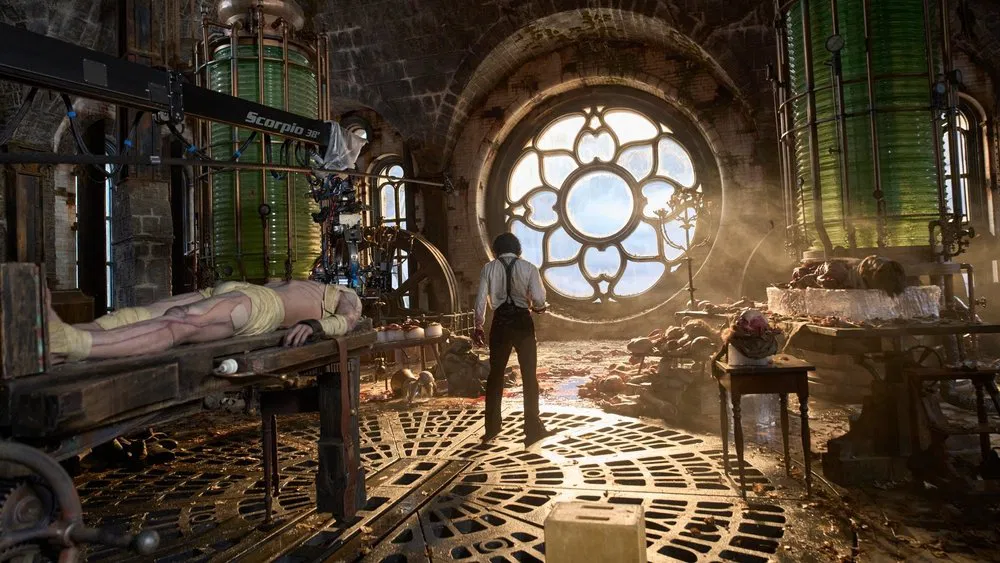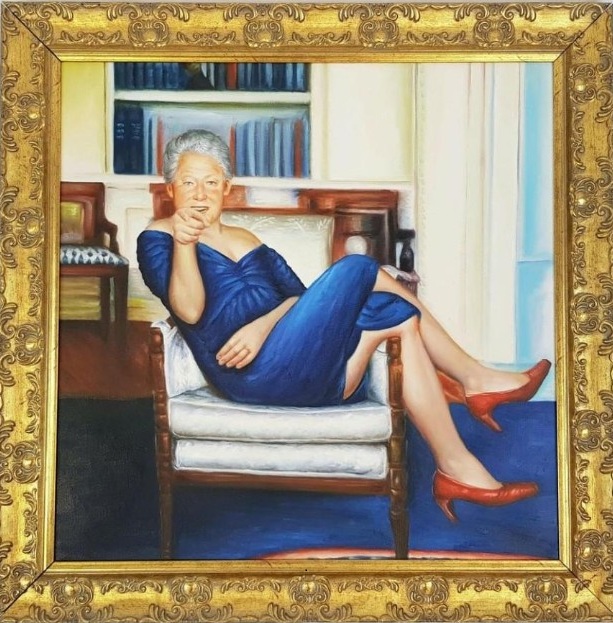
Abortion remains one of the most difficult ethical questions for me. It touches the core of human experience and life itself. The issue is rarely addressed beyond the surface of legality and medical procedure, yet its implications are profound, spanning the physical, emotional, intellectual, and spiritual dimensions of existence.
The debate often overlooks these more profound, existential questions. Abortion isn’t merely about bodily autonomy or gestational timelines; it’s about the essence of being human and the role of the soul.
The French phenomenologist Maurice Merleau-Ponty emphasised the centrality of the body in our experience of the world. The body isn’t merely an object but a gateway to reality, a medium between the soul and the three-dimensional world. Abortion impacts not only physical integrity but also the spiritual dimension of human life.
The German philosopher Max Scheler reminds us that humans aren’t only biological beings but moral and spiritual ones. The capacity to feel, choose, and discern right from wrong is essential to human dignity. Abortion raises the question: how can the moral consciousness of the mother and the soul of the unborn child be reconciled?
Edith Stein, the Austrian phenomenologist, emphasised the unique experience of each individual and the responsibilities that come with life. In her view, life is a gift to be treated with care and responsibility. The ethical question of abortion is therefore inseparable from the question of stewardship over this gift.
From a spiritual lens, the soul represents the eternal, invisible essence of the human being. Sri Aurobindo described the soul as the true essence of the individual, with the physical body as a temporary vessel. Life is a process of spiritual evolution, where each experience contributes to the soul's development. Abortion, in this sense, is not only a physical act but an intervention in the spiritual journey of both mother and child.
The Russian philosopher Vladimir Solovyov emphasised the centrality of love and solidarity. Human beings realise their true nature in relationship with others. Abortion is, therefore, not merely a personal decision; it carries consequences for the wider community and the interconnectedness of humanity.
The discourse surrounding abortion often prioritises autonomy. But that cannot exist in isolation. It must be balanced with collective responsibility for life and well-being. How do we reconcile the freedom of the individual with the duties we owe to others, including the unborn?
The French philosopher Emmanuel Mounier advocated for personalism, which holds that the dignity of the person must always be understood in relation to others. No individual exists in isolation. The question of abortion then becomes one of harmonising the interests of the mother and the unborn child within the broader social fabric.
A holistic approach to abortion acknowledges the physical, ethical, and spiritual dimensions of the decision. It doesn’t deny autonomy but situates it within a framework that honours the soul of the unborn child and collective responsibility, especially in the most harrowing circumstances, such as incest or abuse.
Abortion leaves scars that no clinical procedure can erase. The experience is often lifelong, touching conscience, identity, and inner life. Women frequently describe an enduring grief, and those around them are affected as well. Compassion and acknowledgement of these effects are central to any ethical or spiritual engagement with abortion.
Society must create structures that support women in ways that reduce the perceived necessity of abortion. Collective care, encompassing financial, psychological, and social support, can empower women to choose life without coercion or fear. The proverb “It takes a village to raise a child” reflects more than communal sentiment; it reflects solidarity and shared responsibility.
When women experience genuine support in carrying a child, autonomy is deepened rather than diminished. Freedom is exercised not in isolation, but in a context of care, protection, and love. Human dignity is preserved not through coercion, but through structures that shield the vulnerable.
The question isn’t only whether abortion is a right. The deeper question is how society can be organised so that abortion is less necessary, and women’s autonomy is practically and spiritually supported. The answer lies not in prohibition, but in expanding possibilities and strengthening collective structures that care for both women and children.
Abortion will always remain a complex and painful issue. But by embracing a spiritual perspective while developing practical alternatives, we can envision a society where both the autonomy of women and the dignity of new life are honoured. Such a society may also offer solutions to other social issues, grounded in understanding, compassion, and collective responsibility.






